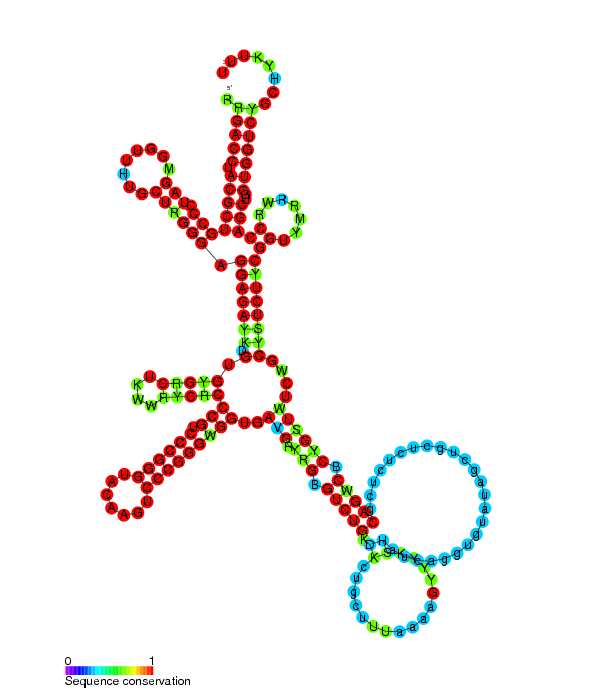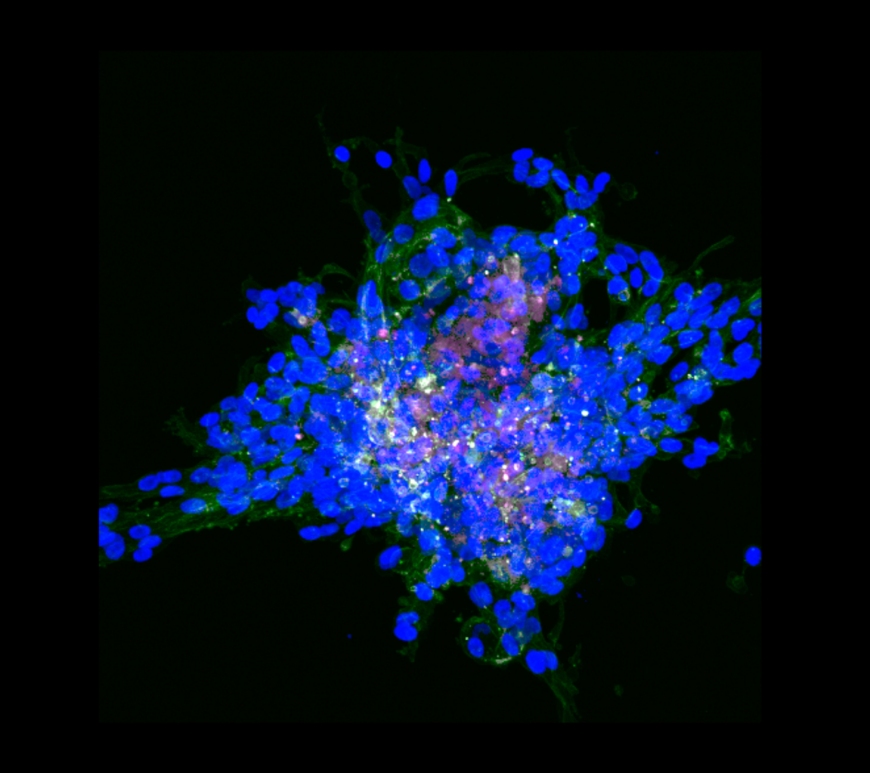
Mysterious Long Non-Coding RNAs Revealed as Playing a Role in Gastric Cancer
Author: Sean Krivitsky, Class of 2026 To the astonishment of many, nearly 99% of the human genome consists of non-coding regions that are not transcribed into mRNAs for protein synthesis. However, some of those non-coding regions of DNA can be transcribed into various types of non-coding (nc) RNAs, including long ncRNAs. Until recently, the scientific community believed these ncRNA products to be functionally irrelevant, playing … Continue reading Mysterious Long Non-Coding RNAs Revealed as Playing a Role in Gastric Cancer











